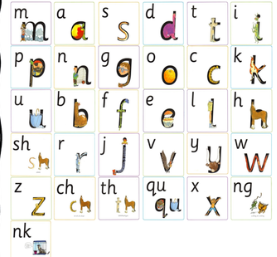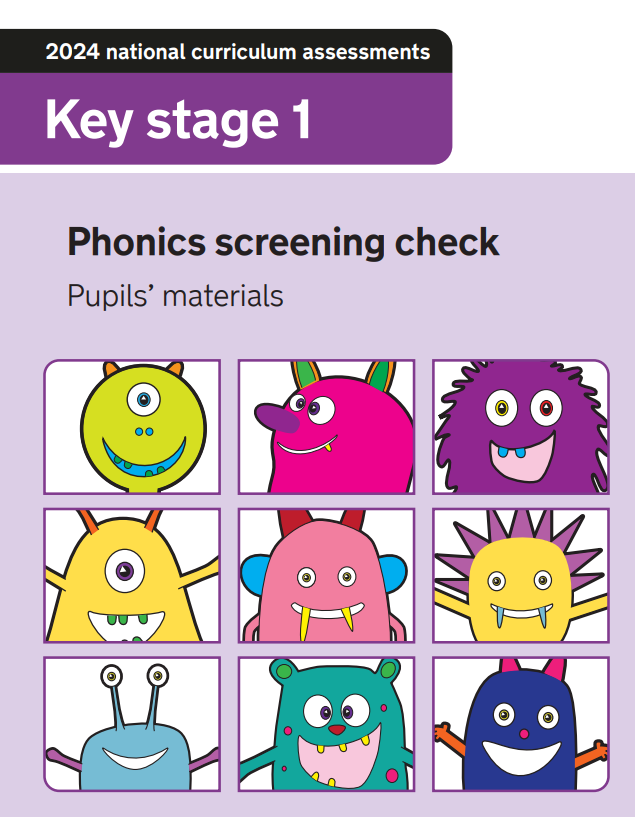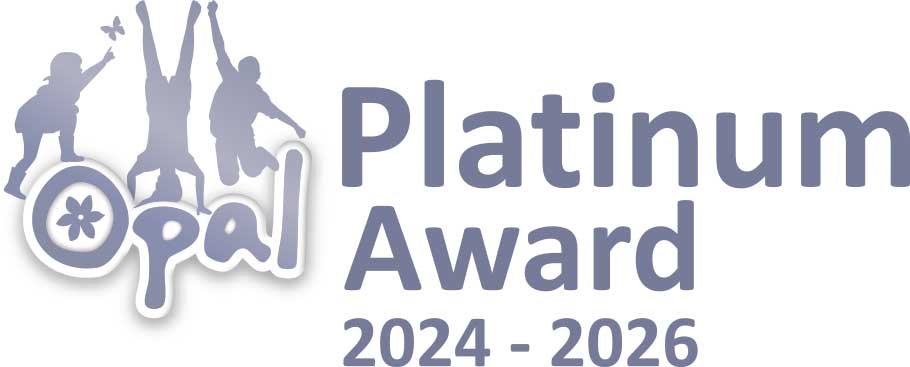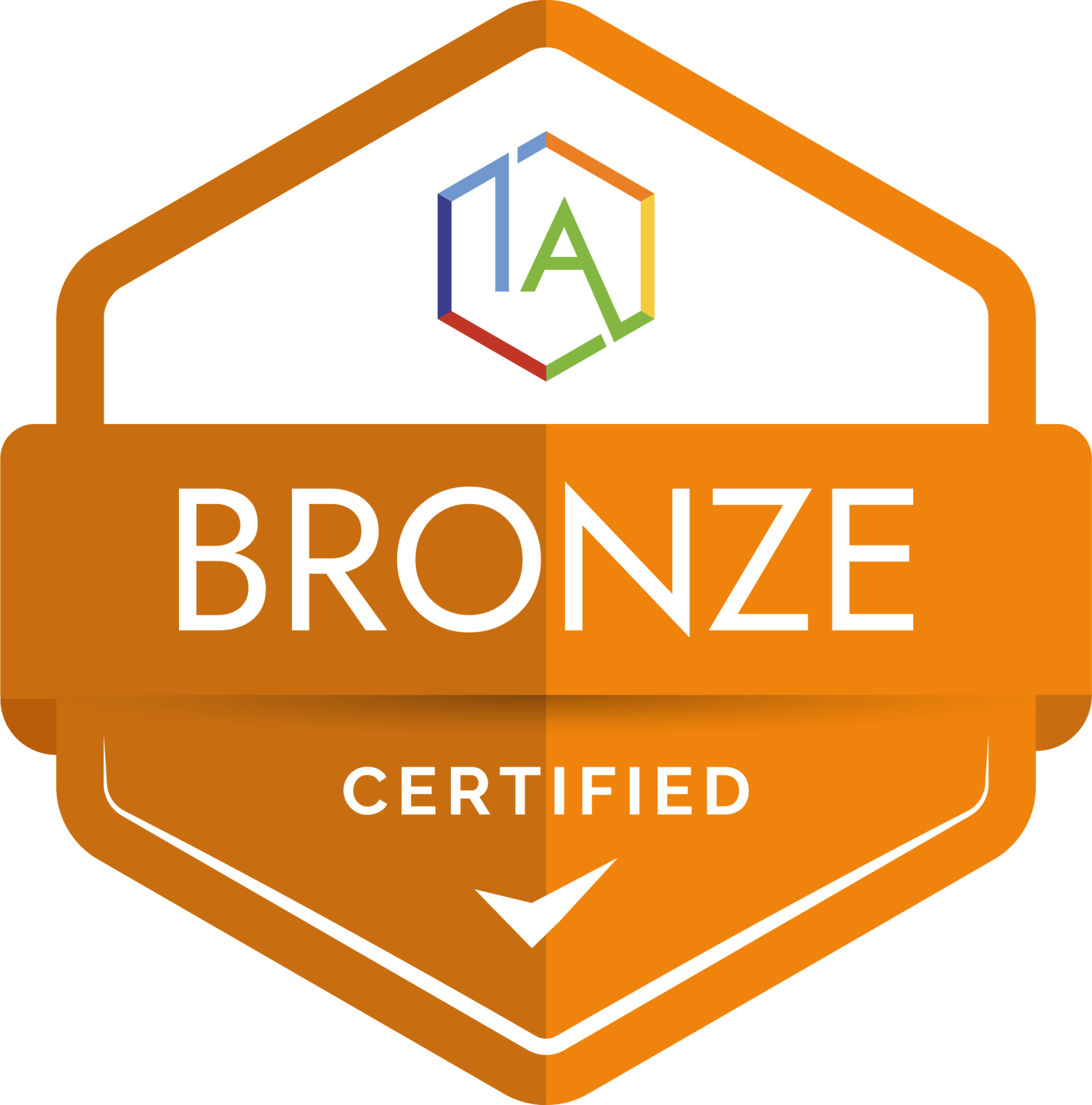Phonics
We place a strong emphasis on phonics (letter sounds) in the early years of learning to read because we believe this lays the foundations for successful reading. At Joseph Cash, we use the 'Read Write Inc.' guidance to teach interactive lessons. Children work in small groups, with a key adult for phonics learning so that each child is provided with the appropriate level of challenge for each attainment group.
Set 1sounds:

The Importance of Phonics Using the Read Write Inc. Programme
The Read Write Inc. (RWI) phonics programme, developed by Ruth Miskin, is a systematic and structured approach to teaching reading and writing skills, primarily through phonics. Its importance lies in its effectiveness in helping children learn to decode and encode words, which are foundational skills for literacy. ![]()
Systematic Approach to Literacy
RWI provides a structured sequence of lessons that gradually introduce letter-sound correspondences. This systematic progression ensures children build their skills incrementally, reinforcing learning at every stage.
- Sound-Blending: Children learn to blend sounds into words, developing fluency in reading.
- Segmenting for Spelling: Children learn to break words into sounds, supporting accurate spelling.
Phonics Screening Check
The Phonics Screening Check, assesses a child’s ability to decode words using phonics. The check consists of 40 words, including real and pseudo (nonsense) words, to evaluate whether children have grasped key phonics skills.
- Preparation Through RWI: The RWI programme equips children with the decoding skills needed to perform well in the check. By systematically teaching letter-sound correspondences and blending, children develop the confidence to tackle both familiar and unfamiliar words.
- Assessment of Progress: The Phonics Screening Check identifies children who may need additional support, allowing for timely interventions to close learning gaps.
Supports Early Reading Confidence
Phonics enables children to decode unfamiliar words independently. RWI introduces phonemes (sounds) and graphemes (letters) in a carefully selected order, allowing children to read simple words and sentences early on.
- This immediate success builds confidence and motivates learners, which is further boosted when children perform well in the Phonics Screening Check.
Improves Comprehension
While decoding is the first step, RWI integrates comprehension activities to ensure children understand what they read. The scheme balances phonics with comprehension tasks, such as discussing stories, predicting outcomes, and answering questions.
Tailored to Individual Needs
RWI includes:
- Differentiated Groups: Children are grouped by ability, ensuring they work at an appropriate level.
- One-to-One Support: Struggling learners receive targeted interventions, helping them catch up. These interventions are particularly valuable for children who may not meet the expected standard in the Phonics Screening Check.
Develops Writing and Spelling Skills
The program integrates writing by teaching children to:
- Form letters correctly.
- Use "Fred Talk" (breaking words into sounds) for spelling.
- Build sentences with the correct grammar and punctuation.
This holistic approach ensures reading and writing skills develop simultaneously, which is crucial for literacy development assessed during and beyond the Phonics Screening Check.
The Phonics Screening Check in Year 1 underscores the importance of a strong phonics foundation. 
The Read Write Inc. programme is a proven and effective way to prepare children for this assessment and beyond, ensuring they develop the skills to decode, comprehend, and enjoy reading.
By equipping children with confidence and competence in phonics, RWI sets them on a path toward lifelong literacy success.



 Parent's Learning Zone
Parent's Learning Zone 










